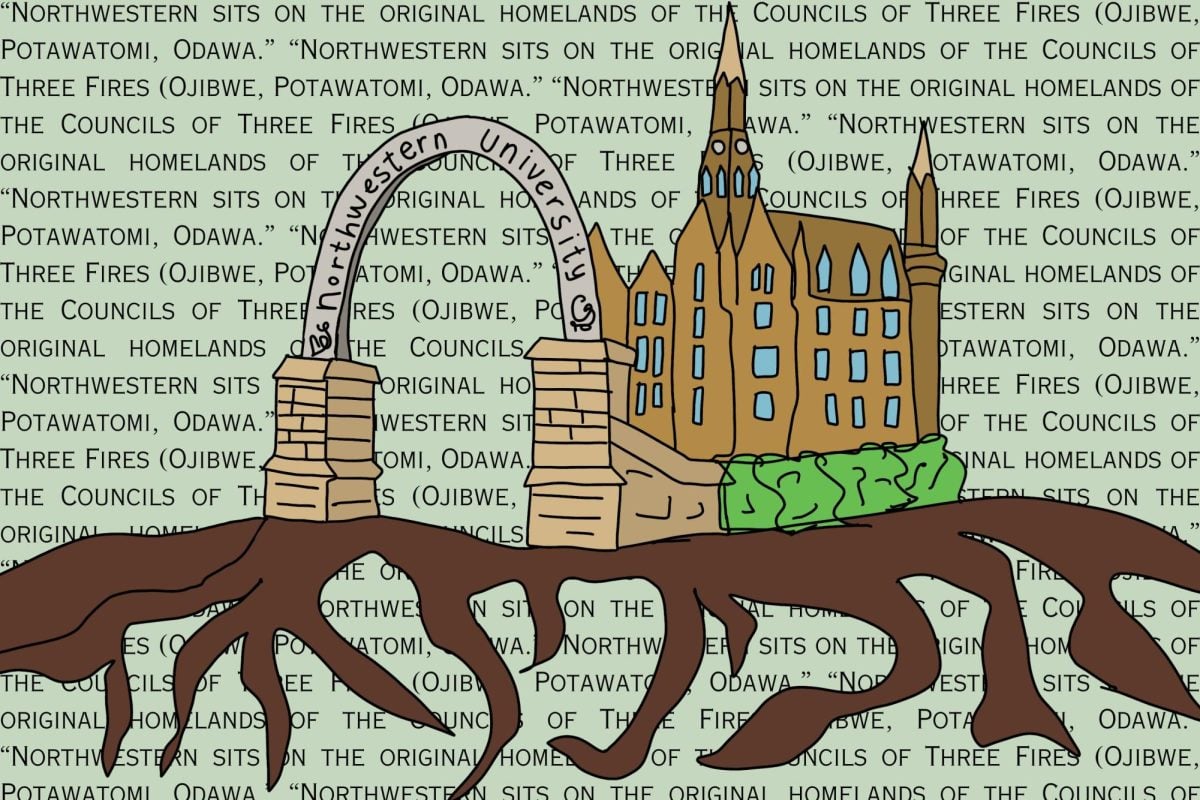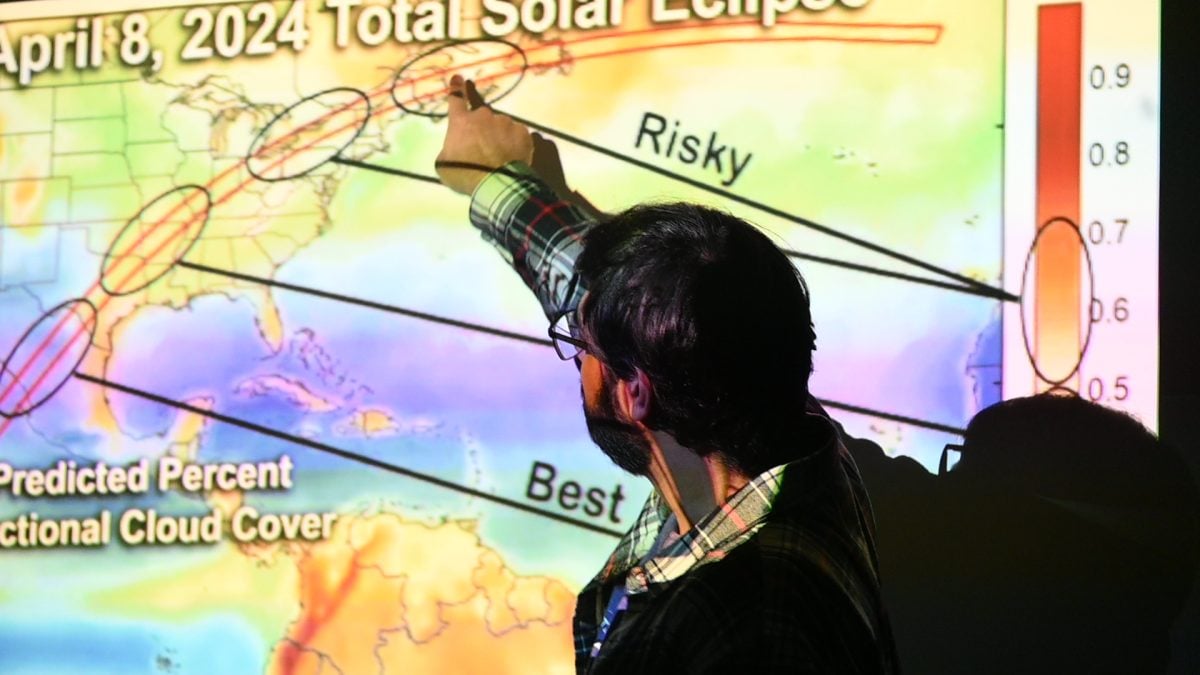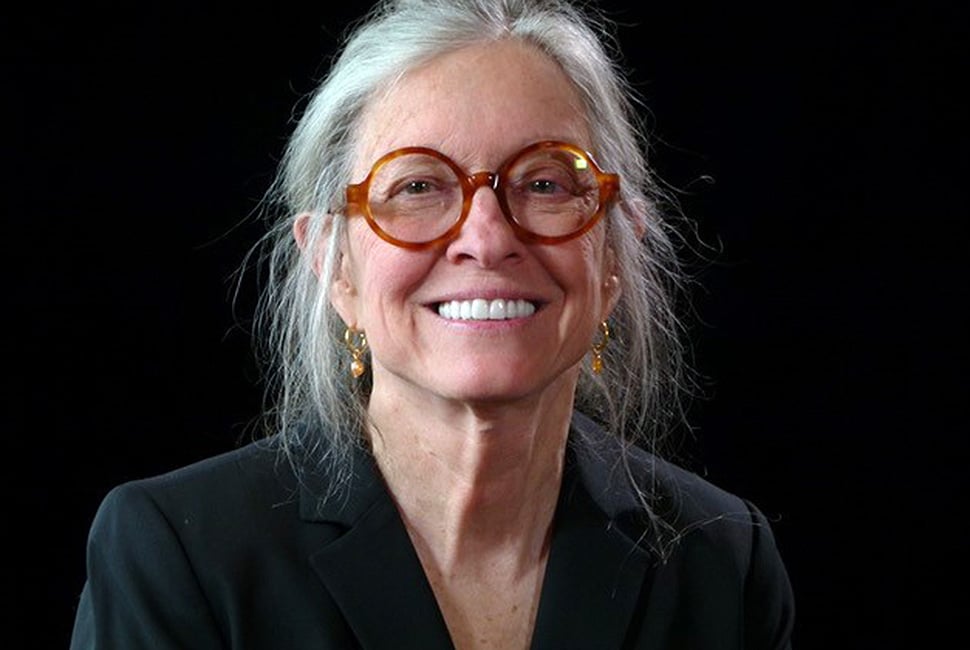After Weinberg junior Athena GoingSnake marched through The Arch alongside hundreds of her classmates during Wildcat Welcome, she was surprised to hear speakers read a land acknowledgment.
GoingSnake, a member of the Cherokee Nation and Muscogee Creek, grew up in Tahlequah, Oklahoma, where she had frequently encountered similar practices. Listening to the familiar messages of land rights and Indigenous presence reminded her of the significance of these statements.
“Coming to Northwestern, I didn’t know how important that was going to be for me to feel that visibility,” she said. “It felt good to me to see that the University does somewhat acknowledge the existence of native people that have been here for generations.”
During Wildcat Welcome, while students remained on Deering Meadow, Aaron Golding — associate director for Multicultural Student Affairs — delivered an annual land acknowledgment to honor the ancestral inhabitants of the land that NU sits on, including the Council of the Three Fires and the Menominee, Miami and Ho-Chunk nations.
Each acknowledgment represents an “intergenerational” moment of reverence to entities beyond human presence, GoingSnake said.
“It’s all about creating relationships and making a connection with our more than human relatives and human kin, like the land, the water and each other,” she said.
Despite that acknowledgement, GoingSnake said she has increasingly witnessed University officials and campus organizations making “performative” and “non-genuine” land acknowledgments that fall short of their intended purpose.
Communication and McCormick junior Bella Kirkwood is a citizen of the Cherokee Nation and a part of the Delaware Tribe of Indians. Before she arrived on campus, she said she had never heard of a land acknowledgment. But, she described the acknowledgement as “empowering to (her) at the moment.”
She has since listened to acknowledgments while attending club meetings, theater shows and other University-planned events. She said that they are sometimes counterproductive when students sometimes mispronounce tribes’ names and speak without self-reflection or understanding.
“You can tell when some people are just saying it to check a box,” she said. “What really makes me upset about it is we can tell that people don’t care and they’re not doing any kind of self-reflection.”
Weinberg senior and NU Native American and Indigenous Student Alliance Senator Noah Blaisdell, who is Native Hawaiian, echoed the sentiment. Blaisdell said it is also apparent when someone performs in a manner as if “checking it off a little list or feeling obligated to do it.”
Native American and Indigenous communities on campus have issued far-reaching calls to action, demanding the University do more to spur reflection and acknowledge Indigenous heritage.
For over a year, Blaisdell helped author a piece of legislation in the Associated Student Government Senate calling on the University to retract its 2014 John Evans Study Committee Report, which he said downplayed the NU founder’s role in the 1864 Sand Creek Massacre. Blaisdell also said the University should rename the John Evans Center –– the Northwestern Alumni Association’s building.
“I hope this legislation will attempt to hold Northwestern accountable by having them correct the findings,” he said.
Aaron Golding and Jasmine Gurneau, the directors of Native American and Indigenous Affairs, hosts 90-minute training sessions each quarter to instruct faculty, students and individuals who are interested in learning on the importance of land acknowledgment practices.
“You’re making a commitment, essentially, to be in a relationship with Native people,” Golding said. “It asks people to think critically about the relationship between place and land and how they came to be on these lands.”
Email: [email protected]
Twitter: @Jerrwu
Related Stories:
— NAISA celebrates Native American and Indigenous Heritage Month
— ‘The land is our relative’: NAISA hosts second annual Pow Wow on Earth Day
— NAISA commemorates 158th anniversary of the Sand Creek Massacre, reiterates demands to NU















